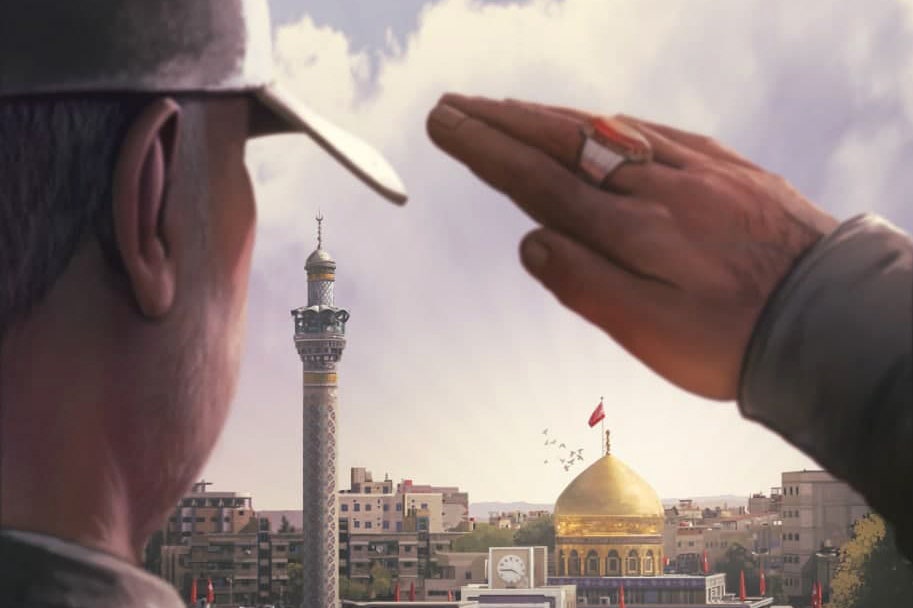
Video Games Are a New Propaganda Machine for Iran
Commander of the Resistance: Amerli Battle is a first-person shooter set in Iraq. Launched in 2022, the game pitches players against Islamic State militants laying siege to a town, based on a real-life event that took place in 2014. Its hero—the commander of the title—is a real-life figure too: Qasem Soleimani, a major general in the Islamic Revolutionary Guard Corps, a military force under the command of Iran’s theocratic leadership.
Soleimani, who was killed in a US drone strike in Iraq in January 2020, was a powerful figure in the regime—and a controversial one, declared a terrorist by the US and accused of overseeing human rights abuses and extrajudicial killings in Iran, Iraq and Syria.
The game was produced by Monadian Media, an offshoot of the Basij Cyberspace Organization—the digital wing of the IRGC’s paramilitary group, the Basij‚ and it is part of an ongoing propaganda effort by the regime to rewrite history and mythologize its leading figures.
Facing growing discontent, the Islamic Republic has increasingly invested in producing video games, in the hope that it can use them to influence young people. The games’ narratives try to reinforce the religious identity of the nation, to portray domestic opponents—such as the Woman, Life, Freedom movement that began last year—as sectarian extremists, and to rehabilitate figures like Soleimani, a military commander associated with brutal crackdowns. And it has thrust Iran’s once-thriving games industry into the midst of a battle over Iranian identity.
“Propaganda games [show how] the regime wants the youth to think,” says Ali, a developer who worked on propaganda titles, and who asked to speak under a pseudonym for his safety. “Modern games showcase the weakness that the government feels. In the Soleimani game, you do not dare to play as him because you might fail and die, but General Qasim Soleimani never does … This picture is in sharp contrast with how the majority of Iranians feel about him, but the state wants to change that by using video games.”
Technology has been political in Iran for decades. After the 1979 revolution, which installed Ayatollah Khomeini as Iran’s supreme political and religious leader, the government banned most forms of personal technology, such as cassettes and video players, along with chess, card games, and any sports considered “Western” or “secular.” It was only in the 1990s that the state started to relax its grip on technology, and instead began to figure out how it could use it to increase its control over society.
The game that is widely considered to be Iran’s first, Ali Baba and the Forty Thieves of Baghdad, was created in 1995 by an independent developer, Ramin Azizi. The state’s first game was launched a year later. Called Tank Hunter, it was a simple shooting game in which the player took the role of an Iranian soldier, destroying Iraqi tanks during the 1980-1988 Iran-Iraq war—a foundational event in the Republic, and one which is still used by the regime to create a sense of fear that the country is at risk of invasion.

